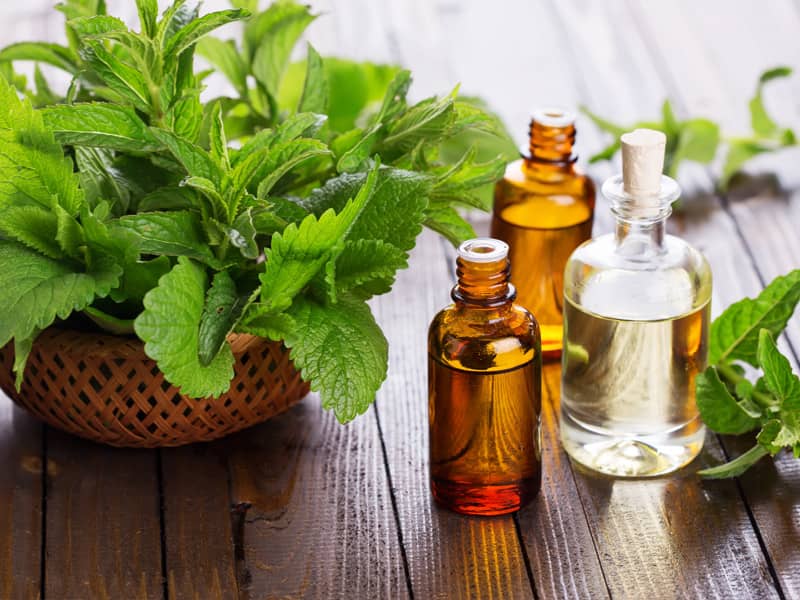Essential Oil Guide You'll Ever Need
Google Voice Number and Social Media Seller
November 25, 2018
The Essential Oil Guide: Which Ones to Use and for What
Essential oils are huge, curiosity, and honesty in the world, confusing. Is this plant extraction really strong? (Yes.) I will use DIY-loving, crunchy type and enjoy them? (Not all!) Can I just dip a few drops on my skin and call it a day? (Do not please.) Do I use all these different smells? (We'll tell you!)
In order to answer every essential oil-related question, we joined Charlie Avery, Aromatherapy and teacher support in Aara Cassia to help us to prepare the final essential oil guidelines. Why should your oils be submerged for the best oils for each occasion and how to reduce it.
WHAT ARE ESSENTIAL OILS?
Essential oils are highly concentrated,Avery explained. "We get essential oils through a few different extraction methods, and the part of the plant that is available to us from essential oil may vary depending on the oil, but it is usually the most fragrant part. For example, rose oil comes from rose petals, when citrus oil rand Comes. "
Because essential oils are naturally normal, it can be easy to assume that they are mild and basically abnormal. All these cases are not by definition, it is extremely powerful element. "Average, they are 75 times stronger than dry awakening", says Avery. As such, "Essential oil must be handled with care." It should go a long way to drop a couple, and aside from very specific oil (later that further), essential oil should always be properly diluted properly before applying leather directly. Whether essential oils should be concentrated is really a controversial issue, and many argue that it is not safe until it is specified by a doctor or specialist.
WHAT CAN ESSENTIAL OILS BE USED FOR?
Aromatherapy, Treatment of skin conditions, Coldness of muscle inflammation ... Lots of essential oil benefits. Everi said, "In personal care products, cleaning products in the home, mental support for general well-being, and many other uses can be used oil." This versatile also stretches itself to scents. The most popular essential oils such as lavender and sweet orange pass in several classes and it can be used effectively for many applications."
HOW SHOULD I DILUTE MY OILS?
In addition to avoiding a possible skin reaction, reducing essential oils gives them good work-when only the air is released, pure essential oil molecules are very rapidly evaporated. "Adding essential oil to the carrier makes it easier to absorb oil by the body," said Avery.
In most cases (even if you only add essential oils to the bath) you will need carrier oil - a neutral, plant-based oil that can serve as a base. Common carrier oils contain sweet almonds, zoboza, olive oil, sunflower seeds, avocado and gaspeds.
According to Avery, specific dilutions based on personal needs and individual essential oils may vary, one-fifth percent of common rules of thumb are noticed dilution. "A one percent blend will drop six essential oils per ounce of carrier, and five percent of the blend will drop 30 ounce per carrier," he says. For specifics, check out Aura Cacia's simple dilution guide.
Essential Oil Guide You'll Ever Need
![Essential Oil Guide You'll Ever Need]() Reviewed by Google Voice Number and Social Media Seller
on
November 25, 2018
Rating:
Reviewed by Google Voice Number and Social Media Seller
on
November 25, 2018
Rating:










